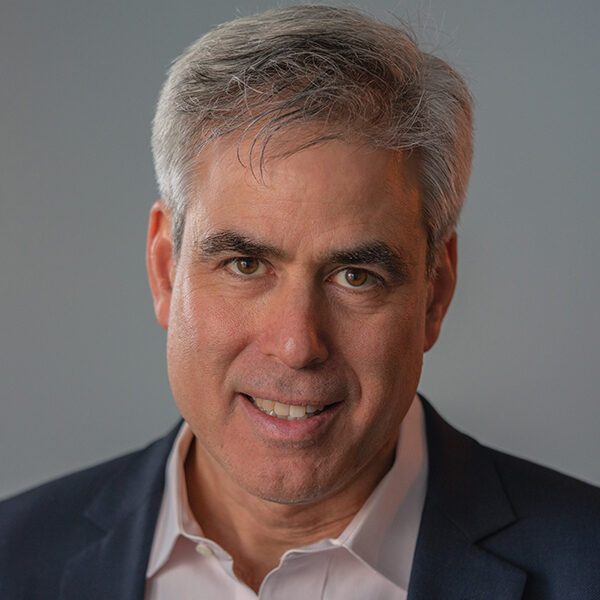In person tickets are now SOLD OUT, please join us for the live stream!
Jonathan Haidt
April 20, 2023, 6:00pm PT
Location: Frederic Wood Theatre (6354 Crescent Rd, Vancouver)
Democracy after Babel: Self-governance in an era of fragmentation, outrage, and anomie
What can moral psychology teach us about better understanding those who hold opposing viewpoints? In the final event of the Phil Lind Initiative series, (Un)Civil Discourse, Jonathan Haidt discusses the state of political dysfunction and fracture in the US with his talk Democracy After Babel: Self-governance in an era of fragmentation, outrage, and anomie moderated by Kathryn Gretsinger.
Jonathan Haidt (pronounced “height”) is a social psychologist at New York University’s Stern School of Business. He received his Ph.D. from the University of Pennsylvania in 1992, and taught for 16 years in the department of psychology at the University of Virginia
Haidt’s research examines the intuitive foundations of morality, and how morality varies across cultures––including the cultures of progressive, conservatives, and libertarians. His goal is to help people understand each other, live and work near each other, and even learn from each other despite their moral differences. Haidt has co-founded a variety of organizations and collaborations that apply moral and social psychology toward that end, including HeterodoxAcademy.org, OpenMindPlatform.org, and EthicalSystems.org.
Haidt is the author of The Happiness Hypothesis: Finding Modern Truth in Ancient Wisdom, and of The New York Times bestsellers The Righteous Mind: Why Good People are Divided by Politics and Religion, and The Coddling of the American Mind: How Good Intentions and Bad Ideas are Setting Up a Generation for Failure (co-authored with Greg Lukianoff). He has written more than 100 academic articles. In 2019 he was inducted into the American Academy of Arts and Sciences, and was chosen by Prospect magazine as one of the world’s “Top 50 Thinkers.” He has given four TED talks.
Since 2018 he has been studying the contributions of social media to the decline of teen mental health and the rise of political dysfunction. He is currently writing Life After Babel: Adapting to a world we can no longer share.
View: (Un)Civil Discourse

